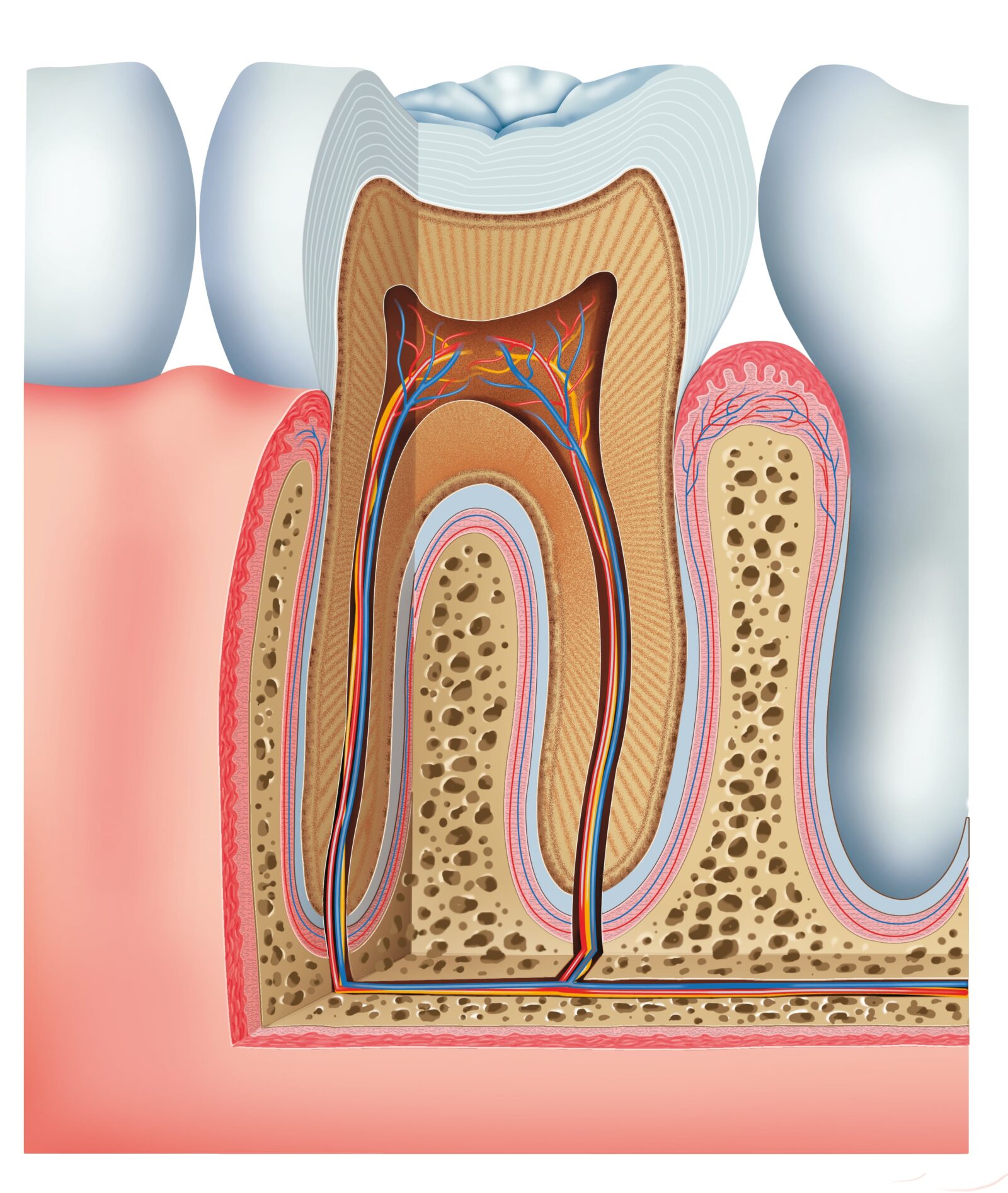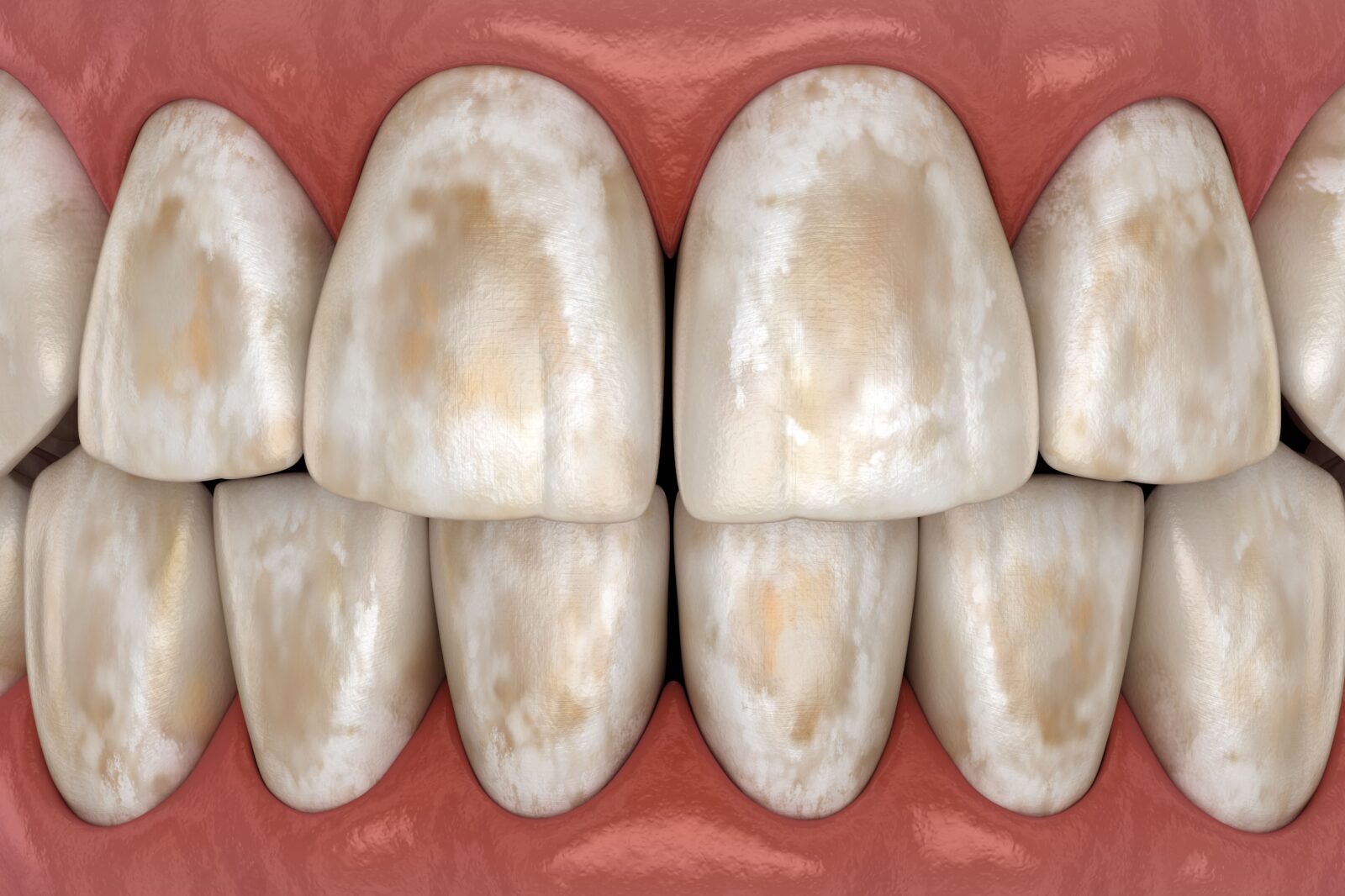Are your teeth sensitive to hot, cold, or sweet foods and beverages? If so, you are not alone. Tooth sensitivity is a common problem that affects millions of people every year. In this blog post, we will explain what tooth sensitivity is and why it occurs. We will also discuss the factors that can contribute to tooth sensitivity and provide tips for how to prevent it. So if you are looking for answers about why your teeth are sensitive, keep reading!
What is tooth sensitivity?

Tooth sensitivity is a condition in which the teeth become painful when exposed to hot, cold, or sweet foods and beverages. The sensation of pain or discomfort can range from mild to severe. In some cases, tooth sensitivity can be so severe that it interferes with daily activities such as eating and drinking.
To understand what causes tooth sensitivity, we must first understand the basic structure of the tooth. Each tooth contains three layers: the enamel, the dentin, and the pulp. The enamel is the hard outer layer that protects the tooth from damage. The dentin is a softer layer beneath the enamel that contains tiny tubes that lead to the pulp. The pulp is the innermost layer of the tooth that contains blood vessels and nerves.
Tooth sensitivity occurs when the enamel wears down and exposes the dentin. Once the dentin becomes exposed, stimuli is able to travel through the tiny tubes in the dentin to reach the pulp. Since the pulp contains the tooth nerve, this causes irritation to the nerve, which results in the pain known as tooth sensitivity.
Causes of Tooth Sensitivity
There are several factors that can contribute to tooth sensitivity. Some of the most common causes include:
Brushing Too Hard:
Brushing your teeth too hard can wear down the enamel and expose the dentin. This is why it is important to use a soft-bristled toothbrush and gentle strokes when brushing your teeth. You can also use special toothpastes for sensitive teeth to help reduce sensitivity.
Bruxism:
Bruxism is a condition in which you grind or clench your teeth. This can also wear down the enamel and expose the dentin. If you think you may be grinding your teeth, talk to your dentist about getting a mouth guard to protect your teeth from premature wear and damage.

Acidic Foods and Beverages:
Consuming acidic foods and beverages can also contribute to tooth sensitivity. Acidic drinks such as soda, energy drinks, and sports drinks can wear down the enamel and expose the dentin. It is best to limit or avoid these drinks if you have sensitive teeth.
Gum Recession:
Gum recession is when the gums pull away from the teeth, exposing more of the tooth root. This can make the teeth sensitive to hot and cold temperatures. Gum recession can be caused by gum disease, brushing too hard, or clenching/grinding your teeth. If you have gum recession, it is important to see your dentist so they can treat the underlying cause and help reduce your sensitivity.
Tooth Decay:
Tooth decay can also cause tooth sensitivity. When the enamel is damaged by decay, it exposes the dentin and makes the teeth sensitive to stimuli. Tooth decay is caused by plaque, a sticky film of bacteria that forms on the teeth. Plaque produces acids that eat away at the enamel, causing decay. To prevent tooth decay, it is important to brush and floss regularly and see your dentist for regular checkups.
Tooth Damage:
Damage to the teeth can also cause sensitivity. This can be due to physical trauma such as a cracked or chipped tooth. It can also be caused by the wearing down of the teeth over time. Wearing down of the teeth can be due to bruxism, acidic foods and beverages, or brushing too hard. If you have damaged teeth, it is important to see your dentist so they can determine the best course of treatment.
Old Restorations:
Old dental restorations such as fillings, crowns, or bridges can also cause tooth sensitivity. As these restorations age, they can become loose and allow stimuli to reach the pulp of the tooth, causing pain. If you have old dental restorations, it is important to see your dentist so they can determine if they need to be replaced.
GERD:
Gastroesophageal reflux disease (GERD) is a condition in which stomach acid flows back up into the esophagus. This can cause heartburn and other symptoms. GERD can also cause tooth sensitivity. This is because the acid from the stomach can erode the enamel on the teeth, exposing the dentin and making the teeth sensitive. If you think you may have GERD, it is important to see your doctor so they can diagnose and treat the condition.
In Conclusion
In this blog post, we have discussed tooth sensitivity and some of the causes of this condition. We hope that this information has been helpful and that you now have a better understanding of why your teeth may be sensitive. If you are experiencing tooth sensitivity, it is important to see your dentist so they can determine the cause and provide treatment. Thanks for reading!
